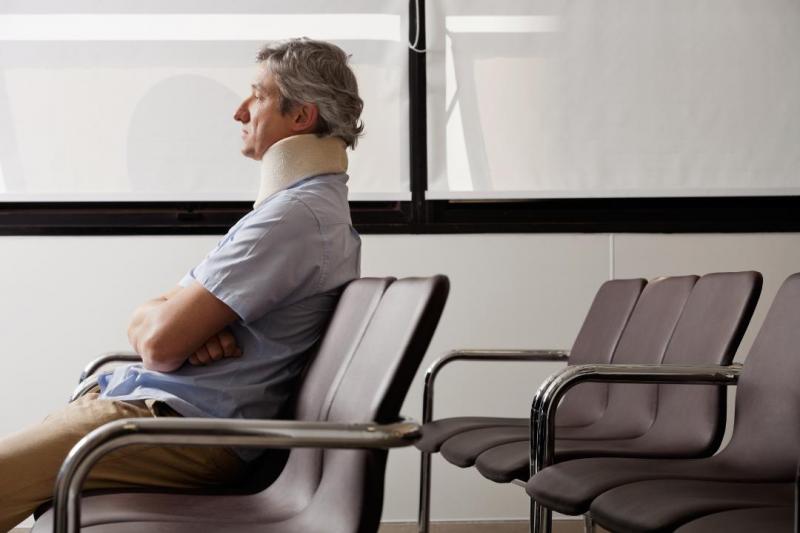What to Know About Taking Time Off Work After a Car Accident

If you’re ever hurt in a car accident, it can have a significant impact on your life. When you’re an accident victim, you may find that you are left paying medical bills, repair expenses, and you may have to take time off work as you recover.
Those are some of the reasons that if you are hurt in an accident, you should talk to a personal injury attorney.
If the accident wasn’t your fault, you shouldn’t have to pay the damages or lose wages.
In general, if you have to take time off of work because of injuries sustained during a car accident, the following are things you should know.
Can You Be Fired?
If you have to be out of work for an extended period of time as you recover from injuries, you may worry you could be fired. Unless you work under an employment contract that determines how you can be fired, this is possible. Most employees are considered at will. At will means they are working at the will of the employer.
They can be terminated for almost any reason and at any time as long as that termination doesn’t violate a law or express agreement.
The best way to avoid this is to be very communicative with your employer from the start.
As soon as you’re hurt, let your employer know.
Provide your employer with what your doctor says and details of your injuries.
You want to be honest about how long your doctor says you may need to heal, and maybe you can return to work in a modified way as your injuries get better.
If you’re hurt and have to take time off work, explore if you can use benefits like vacation time or sick leave. You might also have Family, and Medical Leave Act (FMLA) benefits available to you.
You do have to work for a covered employer, and you had to have worked for them for at least 12 months.
Keep Up With Your Doctor’s Appointments
If you’re hurt in an accident, your doctor will do an initial examination and then from there should be able to provide you with a treatment plan. This will likely include follow-up appointments with them and any relevant specialists.
Keep up with the treatment plan and go to all appointments.
Even if you feel like you’re getting better, you should still follow the recovery plan.
This is important for your health and to reduce complications of your injury, but it also gives you evidence of your symptoms and the extent of your injuries, which you may show your employer.
Claiming Lost Wages
If you’re hurt, you may be able to file a claim for lost wages; this can include sick, personal or vacation time you had to use as you recovered.
To recover compensation for the wages you lose, you’ll want to get your medical records and proof of the time you had to take off.
You will also work with your doctor who can provide evidence as to why you couldn’t return to work right away.
Don’t Rush to Go Back
There’s not a right time to go back to work after you sustain an injury. First, you should follow your doctor’s advice. Beyond that, you also want to listen to your body.
If you go back too soon or before your doctor gives you the all-clear, you could risk hurting yourself more.
Do You Have Short-Term Disability?
Finally, something else to think about is whether or not you have short-term disability coverage.
Short-term disability coverage can help provide financial coverage if you’re hurt outside of work.
If an employee goes through a qualifying event, they can file a claim to receive the income that their policies specify. You then have temporary income while you’re recovering.
To qualify for short-term disability benefits, the employee would have to be deemed unable to do their job by a medical professional. Conditions that would prevent you from working for weeks or months could qualify you for benefits.
Once you file a claim, there’s usually a waiting period of anywhere from one to 14 days before you can start to collect benefits.
If you aren’t sure what options are available to you, or you’d like to pursue compensation to cover your lost wages, a personal injury attorney is a good starting point for you if someone else is responsible for your injuries.
More to Read:
Previous Posts:










